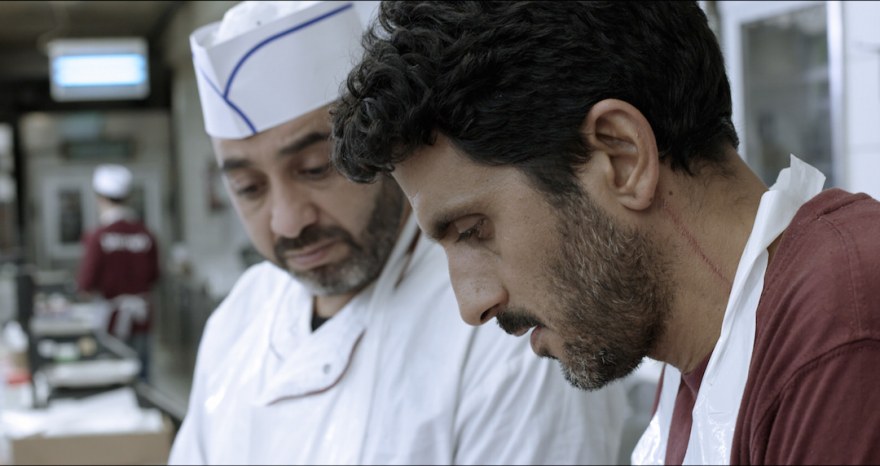Tea time with Pigua (Terror)
An interview with Yonatan Shehoah, director of Pigua (Terror)
How serious is the tension nowadays between Jews and Arabs in Israel? Is polarization increasing?
Yes unfortunately, in certain seasons when conflicts and terrorist attacks in the country increase, communication and relations between Arabs and Jews is severely affected, distrust and fear in the streets can be felt even in the air. The political and social tension in Israel has unfortunately become part of the routine, silently affecting the personal and working lives of many people, introducing them into a daily loop of fear and paranoia. When you walk down the street, you’re on the lookout for potential terrorist attacks and for potential attackers, and it’s difficult to see beyond that, to get beyond survival. In the long run, plenty of innocent and blameless people suffer the consequences of terror, and not just those who get physically wounded in the attacks. I asked the outstanding Arab Israeli actor Hilal Kaboub to be in my film because I wanted to give a voice to that innocence. Hilal was born in Jaffa and has acted in award-winning films like Ajamiand Fauda. For him, acting is not just his art, but his way of being an activist for his community. Tzachi HaLevi is also a well-known actor who has worked in Bethlehem and Fauda. When all of us were working 14 hours a day on the set, putting our hearts and souls into this film, it made me feel that we three at least were trying our very best to put terror behind us.
Did you do research on the actual stabbings in Israel?
Yes. The film is about the “Stabbing Intifada”. An increase of stabbing attacks occurred in Israel starting early September 2015 and lasting into the first half of 2016. For this film, more than the terror attacks themselves, my interest was in researching the negative consequences of terrorism within Israeli and Palestinian society. Rehab after a trauma due to an attack can take months, even years; psychological post-trauma rehab may take even longer. Making the research, I was surprised to realize how many people struggle with terror PTSD in Israel, including people working on the film set itself; knowing that, it was hard for me to recreate a terror attack in their presence.
How much were you interested in the media’s impact on the atmosphere of mistrust?
I am aware that the film can be a source of various political interpretations, but I sincerely hope that media’s impact is mostly positive, after all my interest is to make people see that terror is the real enemy, and is enemy of all of us, Israelis or Palestinians. And I honestly hope that the social networks that publish in relation to the conflict in the Middle-East are aware of that.
Why didn’t you show your character’s previous attack?
By visually showing the character’s previous attack, the film would take another course and lose some important aspects for me. That is why I had the idea of showing the stabbing attacks through live news on the TV in the supermarket.
What did you find interesting in the relation to meat?
I wanted to show the difficulty of Dan, to show how a simple task like cutting meat is so challenging for him, due his present post trauma. And the presence of an Arab man with a knife in his hand makes all the fears in his head rise to the surface.
Would you say that the short film format has given you any particular freedom?
The short film format gave me the opportunity, as a storyteller, to show this complicated situation from the point of view of a single person, without having to justify what happens outside of it and leaving the spectator to judge on their own.
Pigua (Terror) was shown in International Competition.








